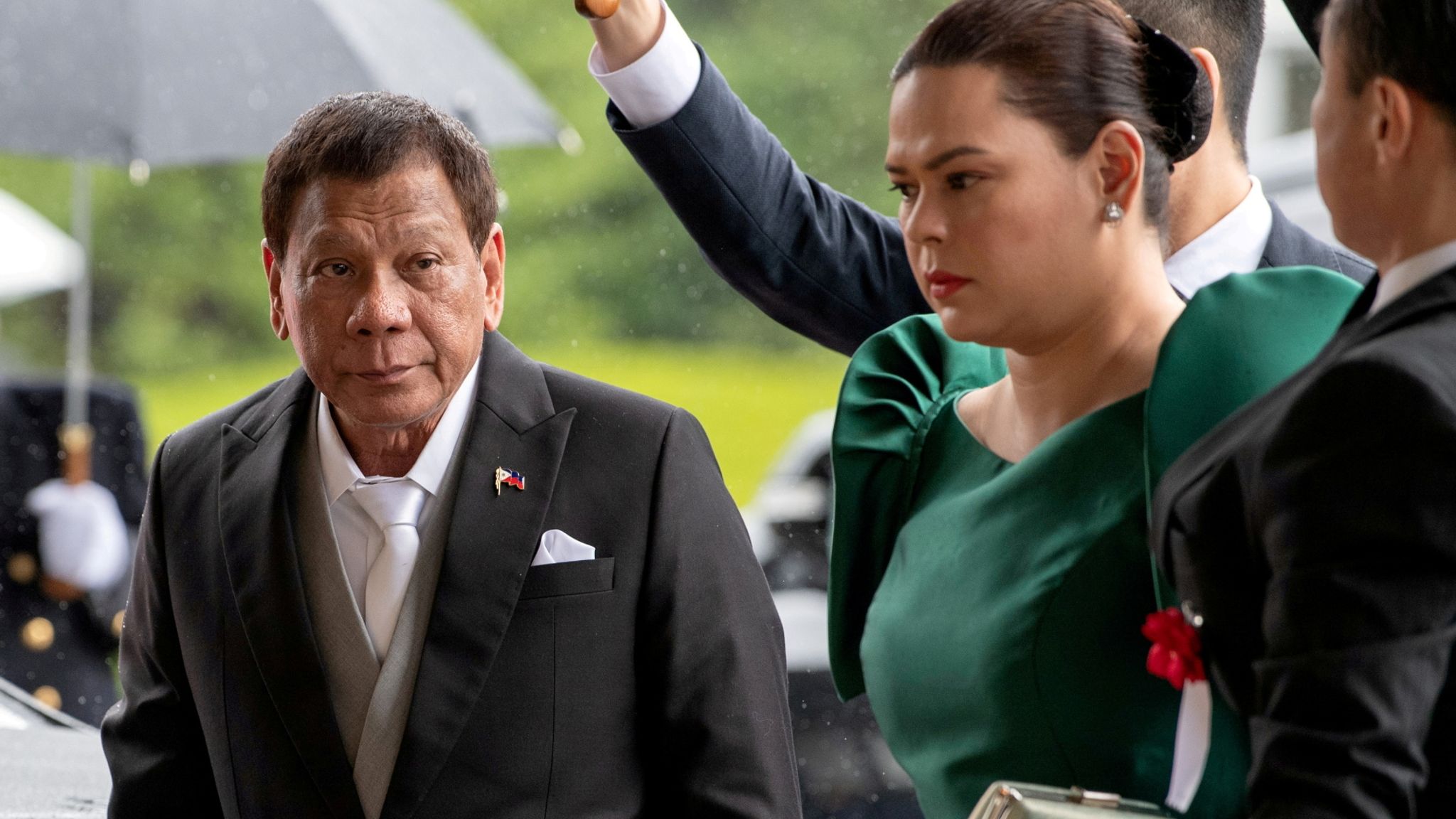By Beting Laygo Dolor, Contributing Editor Vice-president Sara Duterte-Carpio was upset and concerned when she asked the House of Representatives not to consider the proposal of several congressmen late last week not only to assist in the investigation of Duterte’s bloody drug war by the International Criminal Court (ICC) but also for the country to rejoin the ICC. A lawyer like her father and former president Rodrigo Duterte, VP Duterte insisted that the ICC was “interfering” with the country’s judicial system. One of their closest allies and probable co-defendant should the former president be indicted by the court, Sen. Ronald dela Rosa, said on November 27 that the timing of the House resolutions was suspect, and that some lawmakers were “weaponizing the ICC in order to silence the Dutertes.” Three separate resolutions were filed recently asking the House to consider the twin proposals, and a Senate version will likely be introduced in the near future. These were filed by Representatives France Castro, Arlene Brosas, and Daniel Manuel of the Makabayan bloc; Manila Rep. Bienvenido Abante Jr and 1-Rider Rep Rodrigo Gutierrez; and Albay Rep. and Liberal Party President Edcel Lagman. In the Upper chamber, Sen. Risa Hontiveros said she was considering filing a counterpart Senate resolution What was deemed unthinkable a few months ago became a possibility after President Ferdinand Marcos Jr. abandoned his previous stand that the government would not consider returning to the ICC after former president Rodrigo Duterte pulled the country from the world court when it insisted on probing his regime’s brutal war on drugs. Duterte along with then Philippine National Police chief and now Sen. dela Rosa are among the suspects. Marcos Jr. said the proposal was “under study,” while also admitting there were many considerations. His earlier stand, now being used by the Dutertes and Dela Rosa, among others, was that the ICC did not have jurisdiction nor sovereignty over the Philippines. VP Duterte even said that to even consider the matter of rejoining the Court was “an insult” to the Philippine judicial system. Even Justice Sec. Crispin Remulla added fuel to the fire after he stated that he would hold consultations with the Executive branch on the possibility of assisting the ICC in its investigation, and also consider rejoining the Court. Legal as well as business analysts raised the prospect of the Philippines rejoining the ICC as a matter of necessity. Most of the developed nations are members of the ICC as they recognize the necessity of having a world court to settle differences among themselves. The Marcos Jr. administration has been actively seeking out new loans and investments and has been made aware that the Philippines’ non-membership in the court would work against it. For its part, the Supreme Court earlier said that the ICC could, in fact, continue its probe of the Duterte regime as the alleged crimes it committed – the mass killing of thousands of suspected drug addicts and pushers – occurred when the Philippines was still a member of the ICC. The Philippines officially exited the ICC in March of 2019, one year after the Duterte administration formally submitted to the United Nations the country’s written withdrawal from the Rome Statute, which created the world court. While the Philippine government has admitted that some 6,000 mostly young men (and women) had been killed in the name of the drug war, the ICC and local groups say that number is much higher, possibly as high as 30,000. Only a handful of suspects have been charged in the slayings and even fewer were convicted. The ICC says this belies the claim that the country has a working justice system as majority of the families of the victims can hope to find justice if the government itself is the primary suspect in the mass murders.































